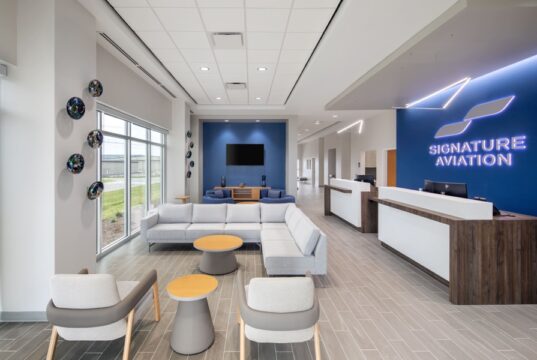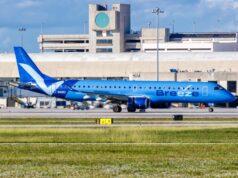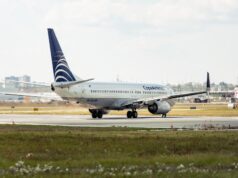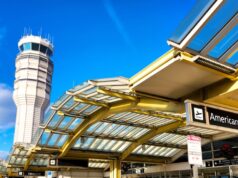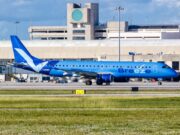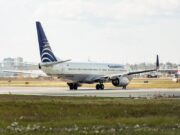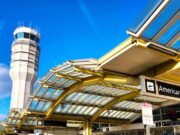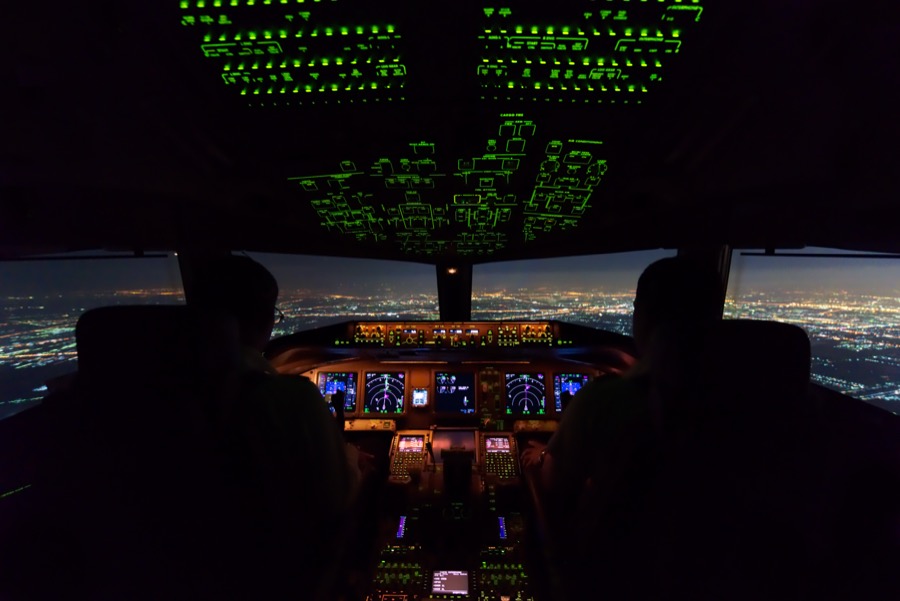
WASHINGTON, DC—This week, the world’s leading transport authority, the International Transport Workers’ Federation (ITF), joined the fight against reduced crew operations in commercial airline transport and committed to using all appropriate resources to advocate worldwide against safety regulators’ approving such concepts. In a resolution, submitted by the Air Line Pilots Association, Int’l (ALPA), ITF affiliates from across the globe united against any current and future attempts to reduce today’s crew complement requirements.
“Some aircraft manufacturers are designing airliners to be flown with only one pilot on the flight deck during the cruise portion of the flight, and eventually with zero pilots,” said Capt. Jason Ambrosi, ALPA president. “This profit-over-safety scheme is actually being supported by some aviation safety regulators and airlines, contrary to the highest standard of aviation safety. Global transportation workers are standing in solidarity against this effort to undermine workers’ rights and safe skies.”
The recent global movement to ensure that at least two pilots remain on the flight deck at all times comes as the ITF released the results of a global survey that found that an overwhelming majority of the public is strongly opposed to single-pilot and fully autonomous airline operations. The survey found that 76 percent of respondents would not feel comfortable flying on a plane without a pilot on board.
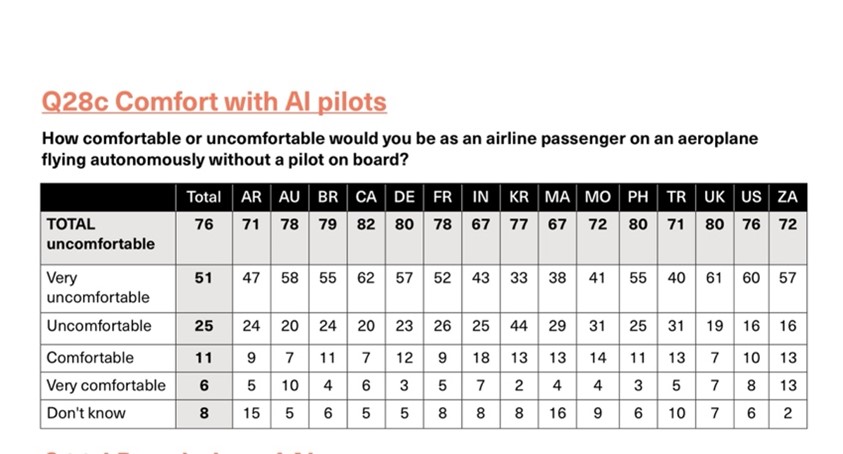
“Airline pilots know—as does the global community—that having at least two fully qualified, highly trained, and well-rested pilots on the flight deck is an airliner’s most important safety asset,” added Ambrosi. “ITF’s survey confirms the public understands that airline travel today is the safest means of transportation, and they aren’t willing to jeopardize lives just to maybe save a buck.”
Currently, the European Union Aviation Safety Agency (EASA) has been working with European aircraft manufacturer Airbus to develop criteria for the development of various reduced-crew operation schemes such as extended minimum crew operations and single-pilot operations on specific aircraft with an eye toward eliminating two-pilot flight decks. ALPA, along with global pilot unions, are united in opposition to this concept and have made it a priority to maintain at least two pilots on the flight deck to ensure the safety and security of all airline flight operations. No one understands better than a pilot that when an issue arises in flight, it is the pilots who are responsible for achieving a safe outcome.
“On the flight deck, pilots work together, observe each other, and communicate nonverbally, creating a smooth workflow in emergency situations where they simultaneously fly the plane, attempt to resolve issues or prevent them from escalating, and create safe outcomes. Two pilots on the flight deck are the core safety feature in aviation,” added Ambrosi.
Read more in ALPA’s latest white paper: A Gamble with Safety: Reduced-Crew Operations.



























































